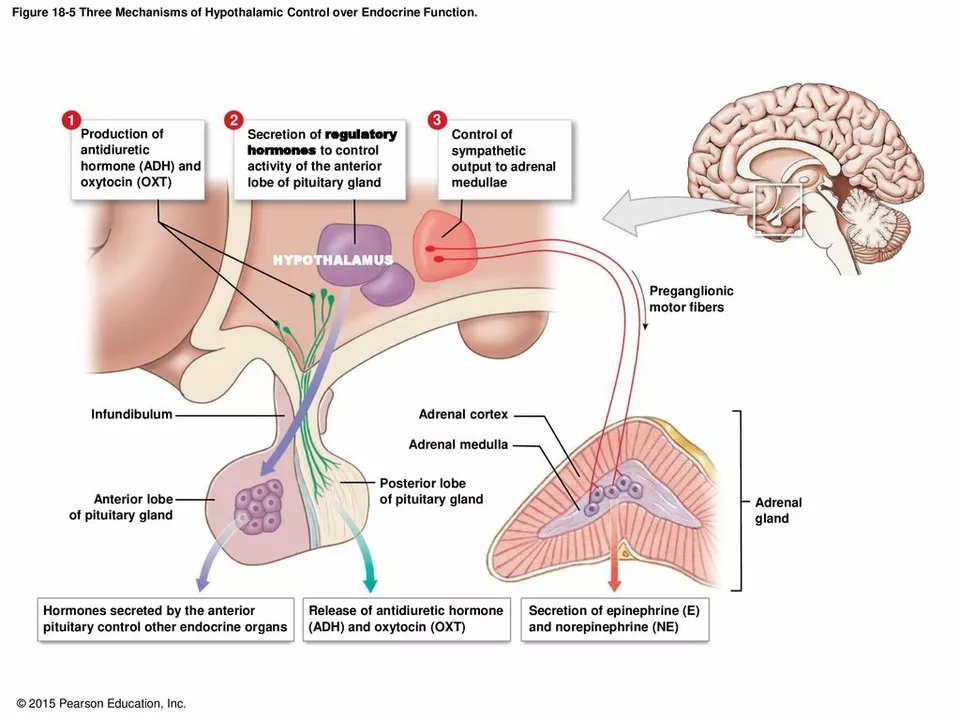Vortioxetine (Trintellix): what you need to know
Vortioxetine — often sold as Trintellix — is an antidepressant many doctors use for major depressive disorder. If you’re curious whether it might help you or someone you care about, this page gives clear, practical facts: how it works, what to expect, and simple tips to stay safe.
How vortioxetine works and who it helps
Vortioxetine affects several brain chemicals, mainly serotonin. That makes it different from plain SSRIs because it both blocks and stimulates certain serotonin receptors. People sometimes report better mood and clearer thinking, and some studies suggest it may help cognitive symptoms linked to depression (like trouble concentrating).
Doctors pick vortioxetine when a patient hasn’t tried it yet or when other antidepressants caused bad side effects. It’s approved for adults with major depressive disorder. If you have bipolar disorder, psychosis, or certain medical issues, talk closely with your doctor — it’s not a universal fit.
Dosage, side effects, and safe use
Typical starting dose is 10 mg once daily. Some people start at 5 mg to check tolerance, and doctors may raise the dose up to 20 mg. Take it at the same time each day. Food doesn’t matter — it works with or without meals.
Common side effects: nausea, constipation, dizziness, and sometimes sexual side effects. These often ease after a couple of weeks. If you notice severe dizziness, fainting, a fast heartbeat, or signs of serotonin syndrome (high fever, confusion, fast heart rate, tremors), seek medical help right away.
Thinking of stopping? Don’t quit suddenly. Many people need a gradual taper to avoid withdrawal-like symptoms: mood swings, irritability, dizziness. Your prescriber should give a clear plan for reducing the dose safely.
Vortioxetine can interact with other meds — especially other antidepressants, MAO inhibitors, triptans, and blood thinners. Tell your doctor about prescription meds, supplements (like St. John’s wort), and alcohol use before starting.
How soon does it work? Some people feel better in 2–4 weeks, but it can take 6–8 weeks for full benefit. If there’s no improvement after a couple of months, your doctor may change the dose or try another medicine. Be patient but keep your provider updated.
Want an alternative? Your doctor might suggest SSRIs (like sertraline or escitalopram), SNRIs (like venlafaxine), or atypical choices depending on your symptoms and side-effect profile. If cognitive problems are a major concern, mention that — it can steer the choice of medication.
Last practical tip: always get a prescription from a licensed clinician and use reputable pharmacies. Online buying can be convenient, but verify credentials, ask for pharmacist support, and never use suspiciously cheap or unverified sources.
If you have more questions about vortioxetine — dosing details, side-effect tips, or switching safely — talk to your prescriber or pharmacist. Small steps and clear communication make treatment safer and more effective.

- Jun 1, 2023
- Posted by Cillian Osterfield
Vortioxetine and Cognitive Function: A Promising Connection
In my recent research, I came across some fascinating findings about the connection between Vortioxetine and cognitive function. Vortioxetine, an antidepressant medication, has shown promising results in improving cognitive performance in people with depression. Not only does it alleviate depressive symptoms, but it also seems to directly enhance memory, attention, and processing speed. These cognitive benefits could be a game-changer for those struggling with depression, as they may lead to better daily functioning and overall quality of life. I'm excited to follow this promising connection further and will keep you updated on any advancements in this area.
Categories
- Health and Wellness (71)
- Medications (68)
- Health and Medicine (28)
- Pharmacy Services (12)
- Mental Health (9)
- Health and Career (2)
- Medical Research (2)
- Business and Finance (2)
- Health Information (2)
Latest Posts
©2026 heydoctor.su. All rights reserved





